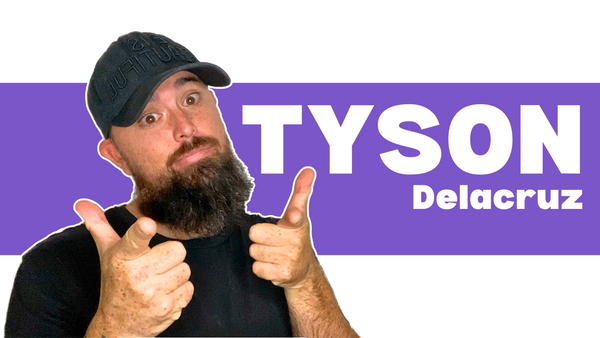"Shocking Call to Boycott: Georgia Pastor Demands Action Over Target's DEI Cutbacks – Are Consumers Finally Fed Up?"
Share
**Target Under Fire Again: Georgia Pastor Calls for Boycott Over DEI Changes!**
Rev. Jamal Bryant is making headlines once again, this time targeting **Target** for scaling back its Diversity, Equity, and Inclusion (DEI) programs. The Georgia pastor has officially launched a call for a full boycott against the retail giant. Why? Because apparently, the idea that companies can backtrack on their DEI commitments is a cause for reverence, not protest.
Bryant’s passionate stance raises some eyebrows. Shouldn’t a company’s financial sustainability take precedence over ideology? Is it possible that pushing an agenda at the expense of profitability might not be in everyone’s best interests? Just a thought.
**Breakdown of the Situation** In an era where many brands are walking a fine line between social justice and financial health, Target's recent move to scale back its DEI initiatives has stirred the pot. Rev. Bryant claims this is not just a corporate decision—it’s an affront to communities striving for equality. This isn’t the first time Target has faced backlash for its social movements. You’d think retailers would learn from history, but it looks like some are hell-bent on doubling down on divisive policies instead of focusing on what really matters—customer satisfaction and profit margins.
**Key Takeaways** - Rev. Jamal Bryant is calling for a full boycott against Target. - The protest stems from Target scaling back its DEI programs. - Bryant’s actions come amid ongoing tensions between corporate ideologies and consumer demands.
**The Bigger Picture** This situation isn’t just about a single store; it's a reflection of broader societal issues. In a country where many Americans are fed up with extreme corporate virtue signaling, **what does this say about consumer trust?** By prioritizing social agendas over business acumen, brands like Target risk alienating their core customer base. So, does this boycott truly serve a purpose? Or is it merely a publicity stunt in the ongoing culture war? For everyday Americans trying to navigate these tumultuous waters, it’s more than just shopping—it's about **cautious spending** and **supporting brands aligned with their values**. As we watch the fallout from this latest controversy, one thing is clear: the political tide is shifting, and consumers are ready to make their voices heard.
**Breakdown of the Situation** In an era where many brands are walking a fine line between social justice and financial health, Target's recent move to scale back its DEI initiatives has stirred the pot. Rev. Bryant claims this is not just a corporate decision—it’s an affront to communities striving for equality. This isn’t the first time Target has faced backlash for its social movements. You’d think retailers would learn from history, but it looks like some are hell-bent on doubling down on divisive policies instead of focusing on what really matters—customer satisfaction and profit margins.
**Key Takeaways** - Rev. Jamal Bryant is calling for a full boycott against Target. - The protest stems from Target scaling back its DEI programs. - Bryant’s actions come amid ongoing tensions between corporate ideologies and consumer demands.
**The Bigger Picture** This situation isn’t just about a single store; it's a reflection of broader societal issues. In a country where many Americans are fed up with extreme corporate virtue signaling, **what does this say about consumer trust?** By prioritizing social agendas over business acumen, brands like Target risk alienating their core customer base. So, does this boycott truly serve a purpose? Or is it merely a publicity stunt in the ongoing culture war? For everyday Americans trying to navigate these tumultuous waters, it’s more than just shopping—it's about **cautious spending** and **supporting brands aligned with their values**. As we watch the fallout from this latest controversy, one thing is clear: the political tide is shifting, and consumers are ready to make their voices heard.
